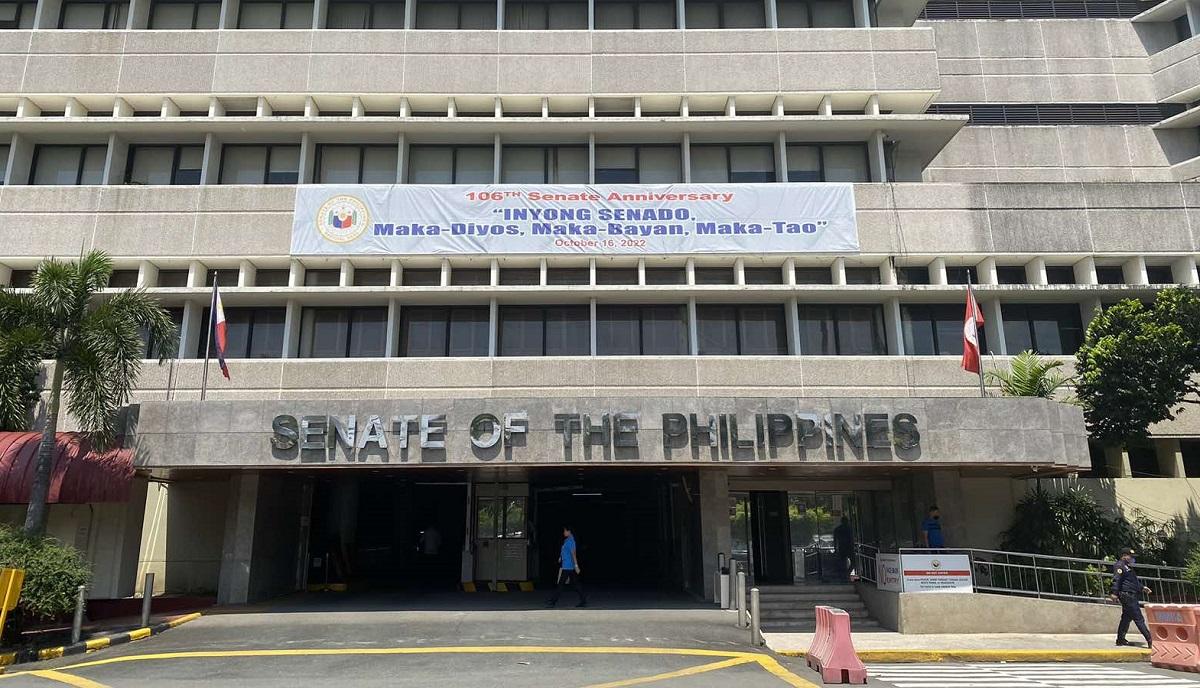Gov't declares hog cholera alert in Luzon
The National Meat Inspection Service (NMIS) on Friday raised a hog cholera "red alert" warning over Metro Manila and five regions of Luzon after the disease spread to backyard pig farms in Bulacan and Pampanga. Julius Meneses of the NMIS Regulatory Division said a memorandum has been sent to regional offices in Ilocos, Cagayan Valley, Central Luzon, Calabarzon, Bicol, and even the National Capital Region. Accredited hog farms and slaughter houses in these areas will be closely monitored for possible infection among hogs, the report said. He also confirmed reports of double dead pigs as coming from slaughter houses not registered with the agency and also ordered their inspection. Swine virus Three backyard pig farms inspected Thursday in Bulacan tested negative for swine virus, but the Bureau of Animal Industry (BAI) found several pigs infected with hog cholera. GMA News' Saksi on Thursday quoted BAI director Davinio Catbagan as saying that since the two viral infections manifest similar symptoms, they are mistaken as being one and the same. The report said similar symptoms include high fever, loss of appetite, difficulty in breathing, colds, and skin rashes. Catbagan said that although the swine flu spreads more rapidly, hog cholera is more fatal and usually hits piglets. Data from the local government showed that at least one city and nine other towns in the province have already been affected by the swine flu. These include Malolos City and the towns of Guiguinto, Hagonoy, Paombong, Balagtas, Calumpit, Pulilan, Marilao, Bustos, and Bocaue. The agency also confirmed that the virus has already reached the province of Pampanga, said the report. Safe for humans? Laboratory chief Eduardo Lapus Jr of the Department of Agriculture-Central Luzon said both viral diseases are "highly transferrable (among pigs)," adding that town traders could become carriers of the virus. For his part, Cesar Ballesteros, president of the College of Swine Practitioners, claimed that consumption of infected animals do not pose danger to people's health so long as the meat is cooked well. He added that the public should be more concerned not with the possible contraction of the disease but with the possible rising of prices of pork. "Bulacan supplies 25 percent of pork in the Metro Manila market. If production will be affected by the disease, then prices would definitely go up. That's what the law of supply and demand tells us," he said in Filipino. A separate television report on Friday, however, reported that several wet market vendors in Metro Manila were forced to slash the price of pork from P150 a kilo to around P130 or lower, after sales became sluggish in the past few days. Prices of pork at the Barangka Wet Market in Mandaluyong City stands at P135 a kilo, the report said. - GMANews.TV









